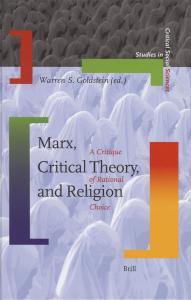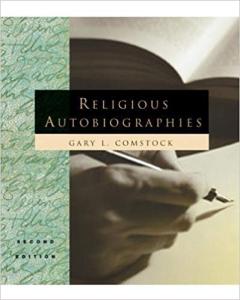A Critical Review of The Communist Manifesto by Karl Marx and Friedrich Engels
The Communist Manifesto, written by Karl Marx and Friedrich Engels, is a seminal text in the field of political philosophy. Published in 1848, it has been translated into numerous languages. It is considered one of the most influential and controversial works of the 19th century.
The Communist Manifesto was written by Karl Marx and Friedrich Engels, two prominent thinkers of the 19th century. Both Marx and Engels were German philosophers, economists, and social scientists who were deeply concerned about the socio-economic conditions of their time. The Manifesto was written in response to the Industrial Revolution and the rise of capitalism, which they believed was exploiting the working class.
The Communist Manifesto is divided into four parts. The first part analyzes historical materialism, proposing that human history can be understood as a struggle between classes. The second part discusses the rise of the bourgeoisie and how it has led to the exploitation of the proletariat. The third part presents the main principles of communism, including the abolition of private property and the establishment of a classless society. The final part outlines the steps that need to be taken to achieve a communist revolution.
One of the key arguments of The Communist Manifesto is that the capitalist system is inherently unstable and will eventually lead to its own downfall. Marx and Engels believed that the constant struggle between the bourgeoisie and the proletariat would eventually result in a revolution, where the working class would overthrow the ruling class and establish a communist society.
The Communist Manifesto has profoundly impacted society, both positively and negatively. On one hand, it has inspired numerous socialist and communist movements worldwide, leading to significant social and political changes. The ideas presented in the Manifesto have also influenced the development of various fields, such as economics, sociology, and political science.
On the other hand, the Manifesto has also been heavily criticized for its radical ideas and perceived failure in practice. The communist regimes that emerged in the 20th century, such as the Soviet Union and China, have been accused of authoritarianism and human rights violations, leading to the rejection of communism by many countries.
In conclusion, The Communist Manifesto is a thought-provoking and controversial work that has shaped history in the 19th and 20th centuries. While it presents a compelling critique of capitalism and offers a vision for a more equal society, its implementation has, at best, been met with mixed results. Nevertheless, it remains a significant text in the study of political philosophy. It continues to spark debates and discussions on the role of capitalism and communism in society.






